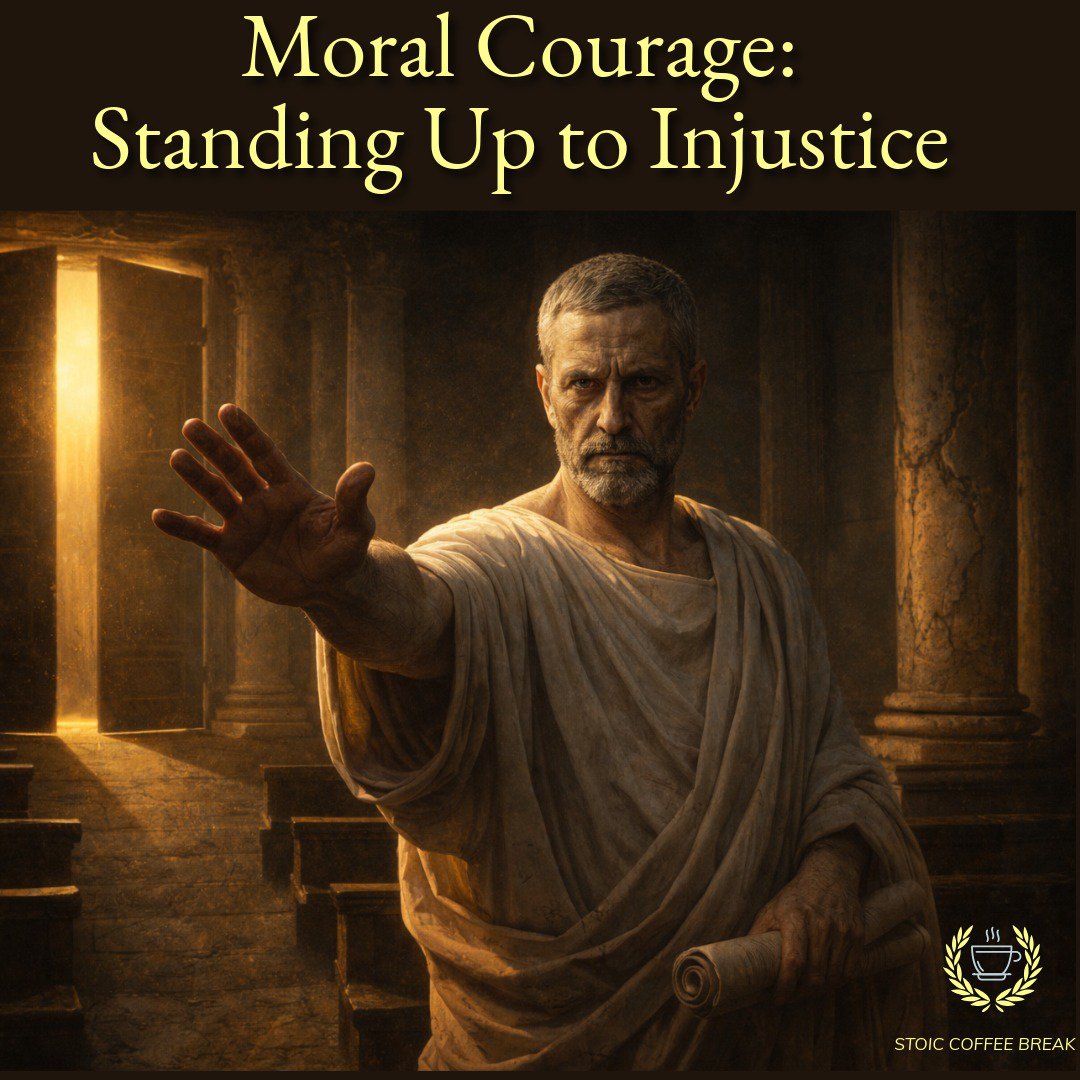
As the new year begins, there is always a push to make resolutions and plans. Do you know what you want to accomplish next year? Do you have goals that you want to pursue? How do you plan on accomplishing them? Today I want to talk about some ideas about how you can more successful in achieving the things you want.
”Life is long if you know how to use it.”
—Seneca
First off, I know that some people get kind of cynical about setting News Year’s resolutions. Their point is that we should always be setting goals and such throughout the year. We should always be course correcting as we go. And that’s true, we should be. But there’s nothing wrong with setting time aside to plan for the things we want to get done, and reflect on what has happened in the past. The New Year may be arbitrary, but it’s as good a time as any to do so.
This last weekend, my friend Trever and I did a yearly review and planning session event online, and I wanted to share a few things that I learned from that session, plus share a few ideas of my own to help you plan for the New Year.
Reflection
So the first idea that I want to talk about is the importance of reflecting on the past. This is an important teaching in Stoicism for many reasons, the most important being that it’s an opportunity to intentionally look at our lives. It’s an opportunity to see if we are living up to the principles that we hold. It’s a time that we can use to see where we might be make changes in our thinking and actions to be better aligned with who we want to be.
Simply put, if we don’t take the time to reflect on anything, then how can know if we’re actually living our principles? Not reflecting on our actions in the past is a missed opportunity to learn something. Examining how we handled a challenge in the past, for better or worse, can help to reinforce where we have lived up to our principles and show us where we might have fallen short.
The Stoics recommend that we practice this daily, even if it’s just a few minutes. As Seneca explains:
“Wherefore let us examine, observe, and inspect our own hearts, for we ourselves are our greatest flatterers: we should every night call ourselves to account, ‘What infirmity have I mastered today? What passion opposed? What temptation resisted? What virtue acquired?’ Our vices will abate of themselves, if they be brought everyday to the shrift. Oh the blessed sleep that follows such a diary!”
Reflecting each day or each week also helps us to see what progress we’ve made on the things we want to accomplish. What’s the point of setting a goals if you never really check on your progress? I know that I’ve done this plenty of times. I get to the end of the year and I can’t really point out a goal that I set out to accomplish that year or tell you what kind of progress I’ve made.
For me, that’s going to change this year. I’m working on what I want to accomplish next year and made a pact with a friend to check in each week to see how I’m doing. I know that being held accountable with help me to actually track my progress, so I’m making that a part of my weekly reflection.
Gratitude
“Gratitude is not only the greatest of virtues but the parent of all the others.”
— Cicero
In a world saturated with bad news, gratitude is the antidote to despair. It’s easy to get caught up in the pessimism of the present moment and all the bad news we read online. Reflecting on the last year helps us to recognize the good things that happened in our lives, and helps us to find things to be grateful for. We can choose to focus on the good in our lives to help counter all negative influences that can seem overwhelming at times.
An easy and fun reflection exercise that we did in the planning event was to open up the photos in our phones and go through all the photos that we took last year. And it was cool to see all the things that I did last year, many of which I’d forgotten about. I saw the pictures I took down in Frankfurt when me and my brother went to see The Australian Pink Floyd show. (By the way, they’re a fantastic cover band that I highly recommend seeing if you get the chance.) I also got to see all the places I’ve visited over the last year and it’s been a lot.
So there are lots of ways to set goals, and I’m not going to go into the mechanics, but rather the theory. When setting a goal, I want you to consider a few things.
Focus on the Process
We all want to achieve great things, but what if the key isn’t the goal itself, but how we pursue it? You should focus on the steps and processes that you need to accomplish the goal. Whether or not you actually achieve it is something that is not under your control. What is under your control, as the Stoics so often taught, is your thinking and your actions—anything that is directly under your control. Everything else is, including the outcome, is outside of your control.
When you set out to plan for your goal, make sure that you focus on what you can control, and create the systems and processes you can put in place to make daily progress. For example, if your goal is to get fit, focus on the routine—daily walks, balanced meals, consistent sleep. Let the outcome (weight loss, strength gain) take care of itself.
Premeditatio Malorum
What if I told you that imagining failure could be your greatest tool for success? When you plan for your goals, it’s important to plan for the things that can go wrong. Too often we fail to take into account all the things that can stop us from reaching our goals. We go in with a perfectly optimistic view that everything will work out the way we want. But remember, nothing ever goes according to plan. There will be things that don’t happen the way you hope.
By practicing premeditatio malorum, “the premeditation of evils”, we are better able to see the things that can get in our way, and come up with ways to address them before they happen. This is not a pessimistic practice, but rather a realistic one so you’re less caught by surprise. When planning your goals, ask yourself: What could go wrong? Then map out potential solutions. You won’t be able to think of everything that could go wrong, but plan for the most likely, and plan for a few that are unlikely. And even if things happen that you could have never imagined, developing a mindset that is comfortable with the unlikely happening, will help you roll with the punches far better than those that assume everything will go according to plan.
Assume the Identity
The surest way to achieve a goal? Become the person who naturally achieves it. When you set goals this year, especially if you’re taking on something that is new, assume the identity of what you want to achieve. What I mean by this is, say for example that you want to write a book, then make sure that you take on the identity of an author.
Why is this important? Because there’s a big difference between someone that wants to write a book, and someone who is an author. An author does certain things like have a schedule for writing everyday, or at least a certain number of hours each week. They figure out how to connect with publishers. They study their craft and work on getting better at writing. They act like an author, rather than acting like someone that wants to “write a book”.
If your goal is to take up a sport, then make sure that you take on the identity of someone that does that sport. If you want to run then be a runner. If you want to cycle then be a cyclist. Even if you’re at the beginning phase, the more you can identify as someone who takes on that role, the more likely you are to adopt the habits of that kind of person. And for most things, you are the one that decides whether you are that identity or not. Please don’t go out and assume the identity of a doctor if you haven’t gone to medical school.
The reason why this is so powerful is that when you run into an obstacle on your path, you can ask yourself, what someone who identifies as say, a runner, or an author, or in my case as a professional speaker, would do in this situation? What actions do they need to take to accomplish this goal? It’s a shortcut to shifting your mindset to see things through that perspective. Epictetus encapsulates this nicely, teaching:
“First say to yourself what you would be; and then do what you have to do.”
This reminds me of a conversation that I had with someone a while back about what it means to be a Stoic. When can you say that you’re a Stoic? When you try to apply the teachings of Stoicism in your life. There is no official test you have to take and no governing body that gives you a certificate stating you are a Stoic. You study the Stoics and their teachings and try to live the principles as best you can. And even if you fail over and over, as long as you are trying to improve and apply their teachings, then you’re a Stoic.
Who do You Want to Be?
The last, and probably most important idea, which relates to the idea of adopting the identity, is that when you set a goal, don’t just set it for the outcome or the reward that you want at the end of achieving that goal, rather view that goal as a tool for growth. What I mean by that is don’t just set a goal for what you will get, but more importantly, who you will become in trying to achieve it. Think about what it will take to achieve that goal. What skills will you have to learn? What kind of personal growth will need to take place for you to accomplish it? For example, will you need to become more disciplined, wiser, healthier, or better with people?
Any goal that is strictly focused on the reward rather than on the growth will ultimately be more likely to fail. A goal that helps you grow will be more self-reinforcing because it helps you become the person you want to be, creating a positive feedback loop. It also makes it more likely that you’ll try for harder goals that you might have dismissed in the past because the point is not to achieve an outcome, but rather to help you grow. This means that even if you fail to reach it, you’ve still gained from pursuing it. This is exactly what Marcus Aurelius meant when he wrote:
“The impediment to action advances action. What stands in the way becomes the way.”
Conclusion
Resolutions often fail because they’re too focused on results. But the Stoic approach transforms goals into something deeper—a way to align your actions with your principles and grow into the person you aspire to be. By making sure that you take time to reflect on your progress each day and each week, you can examine if what you’re doing is effective. By adopting the identity of the type of person you want to become you can shift your perspective on how to handle setbacks. Practicing premeditatio malorum, you can anticipate potential obstacles and plan possible solutions. And lastly, by setting goals not for their outcome, but rather because of the kind of person you will become, you ensure that even if you fail to reach your goal, you’ll become someone better in the striving. And that is a goal worth pursuing.
Find out more at https://stoic.coffee
Watch episodes on YouTube!
Find me on linkedIn, instagram, twitter, or threads.
Thanks again for listening!


